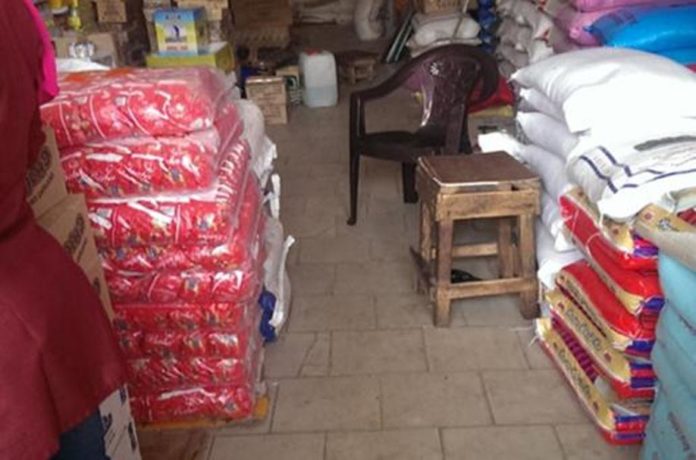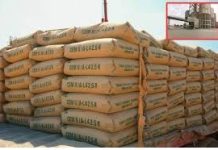By Awa B. Bah
Serrekunda, 15 May 2018: The prices of basic commodities in the country have increased of late, as the holy month of Ramadan starts. Basic food commodities such as sugar, rice, cooking oil, imported chicken products and onion to name a few, have virtually increased. Information gathered from retailers and vendors by this reporter has it, that a bag of onion used to be sold at D350 but now costs D375 or more; a bag of sugar used to be sold for D1,200 but now costs D1,350.
Rice and sugar are among the basic commodities whose prices have increased despite attempts by the authorities to maintain a fair price on them in the market. In a country where the majority of the population lives below the poverty line, concerted effort should be made to reduce the price of these commodities especially during the Holy month of Ramadan, when the demand on them is high.
However, despite the increase in the prices of basic commodities, the purchasing power and personal income of people, remains stagnant and increasing the number of people living below poverty line. This reporter was out and about to sample the views of consumers.
Alimatou Saidy, a housewife, said there should control on the prices of commodities in the market and blamed greedy business persons for selling at exorbitant prices for profit.
She expressed disappointment with Government after all the promises they have made to the people. She said even the reduction in the prices of flour has not reflected in bread prices. She called on the authorities to put strong measures on the new bread prices announced recently and make sure it is adhered to by shopkeepers. Saidy said Ramadan is a month of mercy, a month that is known for sharing and caring as well as assisting the needy. She however laments that most businesses use the opportunity of the month of Ramadan, to make profit.
Haddijatou Njie, a business woman, said business has been slow these days, and they do not have any place for them to sell their goods because they are always chased by the authorities to move from any space they install themselves to sell their merchandise. “They keep telling us not sit here or there to sell our products and will ask us market duty at the same time. This is why we keep on moving up and down all day long, without any permanent place for us in the market,” she said; that they have families to take care of at home and it is from their business they can have something to take home for the children and to pay rent and School fees and feed family; that Government must look for ways to control the prices of these commodities in the market especially during this coming month of Ramadan.
“Men give us what they have and we are the ones who suffer at the market. Most of the time, the fish money given to us is not enough due to the high price of commodities in the market. We sat in the market the whole day without selling and now they expect us to buy a bag of sugar at one thousand three hundred and fifty dalasis D1,350,” said one Naba, another housewife. She continued by saying that the new Government made lots of promises to women but they are yet to see anything.
Speaking to this reporter, was Sulayman Ngum, a civil servant and a father of six, said there is need to review the export / import policies of basic commodities and plan to reduce prices during periods like the month of Ramadan.
Amadou Barry, a Guinean national who owns a store of rice, sugar, oil and other basic commodities at the Serrekunda market, blamed the persistent increase of prices on the Valued Added Tax (VAT); that business in the Gambia has not improved as expected, with the new dispensation. He called on the new Government to make effort in controlling prices in the market and reduce the high taxes levied on goods.



















